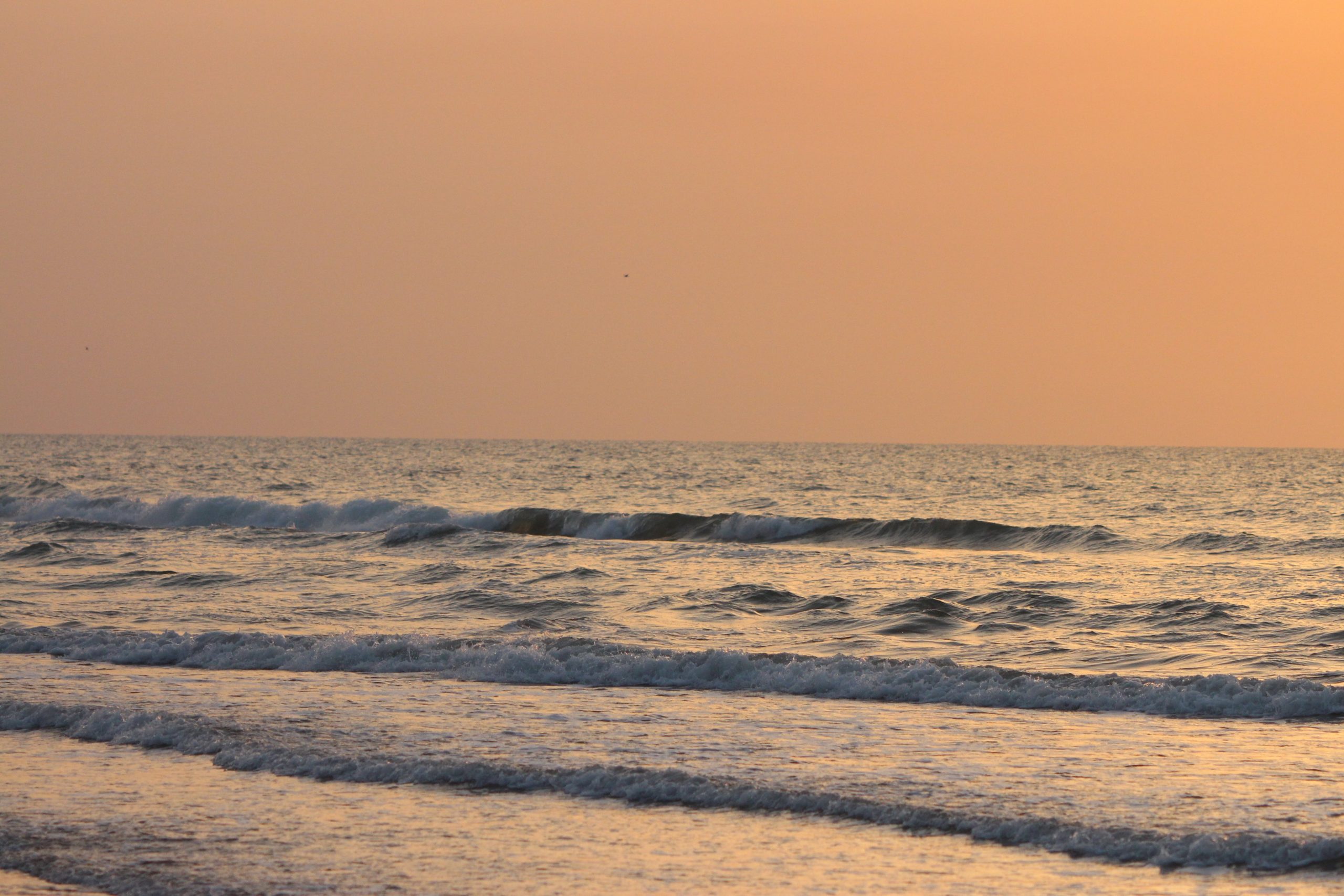
State of emergency over Caspian Sea crisis
The government of Kazakhstan has declared a state of emergency over the critically low level of the Caspian Sea, the world’s largest enclosed body of water, which poses a grave risk to the maritime industry and the environment.
The city hall of Aktau, the principal city of the western Mangystau region, announced on June 8 that it is rapidly implementing measures to deal with the current crisis. The situation has been precipitated by several factors, including climate change, amplified water usage, and the withholding of water for utilization at Russian hydroelectric power stations.
Five nations encompass the coastlines of the Caspian Sea: Azerbaijan, Iran, Kazakhstan, Russia, and Turkmenistan. Among them, the segment belonging to Kazakhstan is the most shallow, leading their officials to be the first to express concern.
According to Ecology Minister Zulfia Suleimenova, the level of the Caspian Sea has dropped by one-and-a-half meters since 2005. She said that while other Caspian littoral states have also drawn attention to the issue of the sea’s shrinkage, effective measures are still wanting.
The retreat of the Caspian Sea from Kazakhstan’s coast has exposed vast areas of the former seabed, which are now covered with stones and salt. This has affected the livelihoods of fishermen and other coastal communities, as well as the biodiversity and ecosystem of the region.
The Caspian Sea is home to more than 400 species of animals and plants, many of which are endemic and endangered. The sea also holds about 50 billion barrels of oil and 300 trillion cubic feet of natural gas in proven or probable reserves, making it a strategic resource for the economies of the Caspian countries.
The state of emergency marks a new tack for Kazakhstan, which had previously downplayed the problem. The Ecology Ministry had stated in June 2021 that “fluctuations in the Caspian Sea level” were natural and cyclical in nature. It noted at the time that the level had from the 1930s to the late 1970s dropped by three meters, before rising again.
The change of stance appears to have been occasioned by President Kassym-Jomart Tokayev weighing in. “The issue of declining water levels in the Caspian Sea is of great concern,” Tokayev said during a meeting with the public in the Mangystau region in November 2022. “The causes and consequences of this phenomenon require careful and comprehensive study.”
Tokayev also called for international cooperation to address the crisis, saying that Kazakhstan was ready to work with its neighbours and partners to find solutions. He urged the Caspian countries to adopt a joint action plan and to establish a regional monitoring system.
Some experts have suggested that one possible way to restore the water level of the Caspian Sea is to divert water from other sources, such as rivers or lakes. However, this would entail complex engineering and political challenges, as well as potential environmental and social impacts.
Others have argued that adaptation is the only viable option, as the Caspian Sea is unlikely to recover from its decline anytime soon. This would mean adjusting to new realities and finding alternative ways to sustain economic development and environmental protection.

